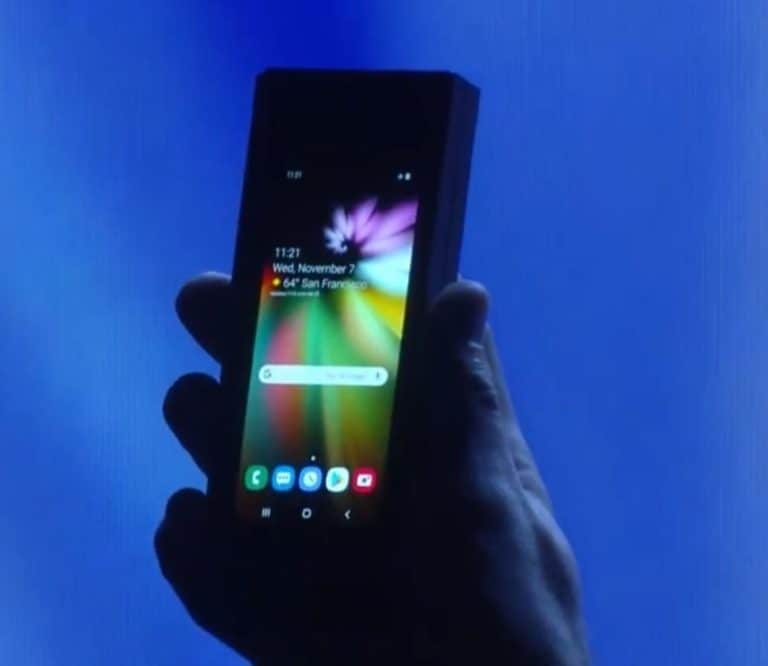The chips significantly improve the training speed of Samsung’s voice-powered digital assistant.
Google announced this week that Samsung had chosen to use Google Cloud’s custom-designed machine learning accelerators to enhance artificial intelligence (AI) model training of its Bixby voice assistant.
Google calls these ML accelerators Cloud Tensor Processing Units (Cloud TPUs). According to Google, they have enabled Samsung to boost its Bixby model voice-recognition training speed by 18x.
A faster voice assistant with more languages available
Bixby, Samsung’s intelligent voice assistant, is available in nine languages. It is currently in use and on more than 160 million devices globally, according to Google. Earlier this year, Samsung developed a new end-to-end (E2E) automatic speech recognition (ASR) engine for Bixby. The new ASR engine is based on the Transformer neural network architecture. This architecture simplified the training process but also required more training data, says Google.
As Samsung introduced more languages to the service, rapid training for the machine learning model became critical to maintaining Bixby. To address this, Samsung chose to adopt Cloud TPUs to meet and exceed Bixby performance requirements.
Google Cloud TPUs purpose built for ML and AI
Cloud TPU systems use custom-designed, machine learning application-specific integrated circuits (ASICs). These chips run cutting-edge machine learning models with AI services on Google Cloud.
After deploying Bixby on Cloud TPUs, Samsung Electronics experienced a dramatic improvement in model training speed. Google Cloud machine learning experts also closely supported and cooperated with Samsung to help them respond to the increase in data.
Google detailed the joint development effort with Samsung this week in a blog post.
“As the result of the migration to TPUs, Bixby gained an 18x speed boost in training,” they write. “180 hours on their on-prem training environment with 8 GPUs went down to 10 hours on 64 cores of v3 Cloud TPU. This led to a drastic increase in the iteration speed of experiments.”
KG Kyoung-Gu Woo, VP of AI Development Group, Mobile Communications Business, Samsung Electronics, praised the collaboration. “Working hand in hand with both Support and the TAMs, we were able to evolve our technologies while reducing processing times to just half a day,” he said.
“We believe collaboration is key to offering consumers new mobile experiences they will love.”
Tip: What is Google Anthos? Is this the modern cloud infrastructure you’re looking for?
